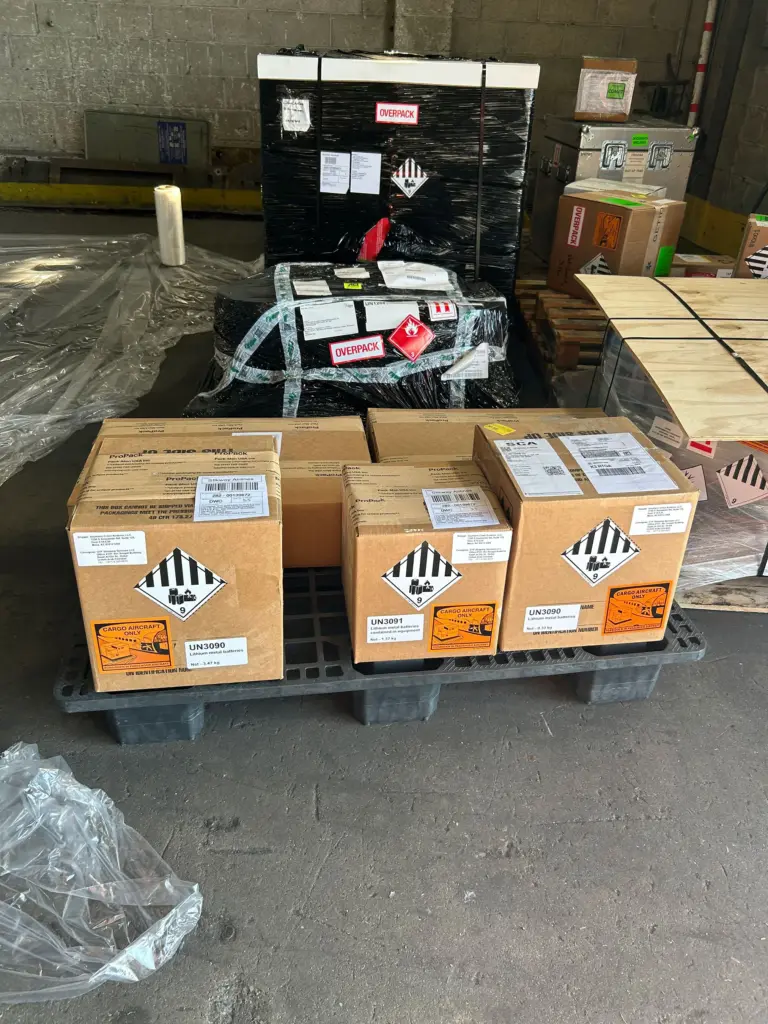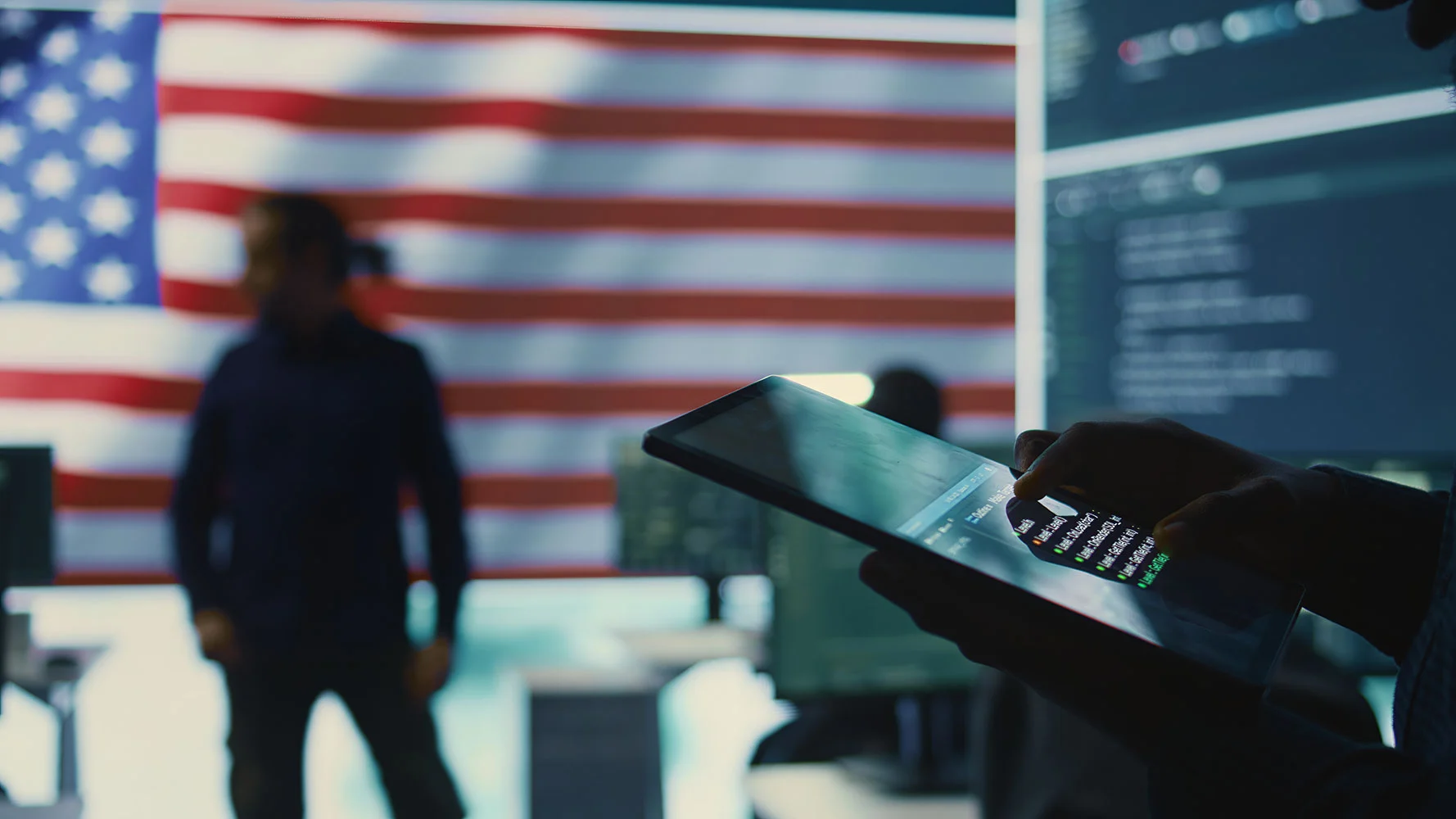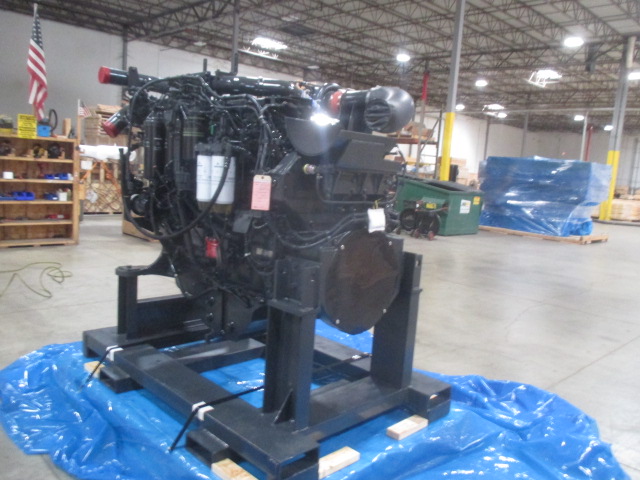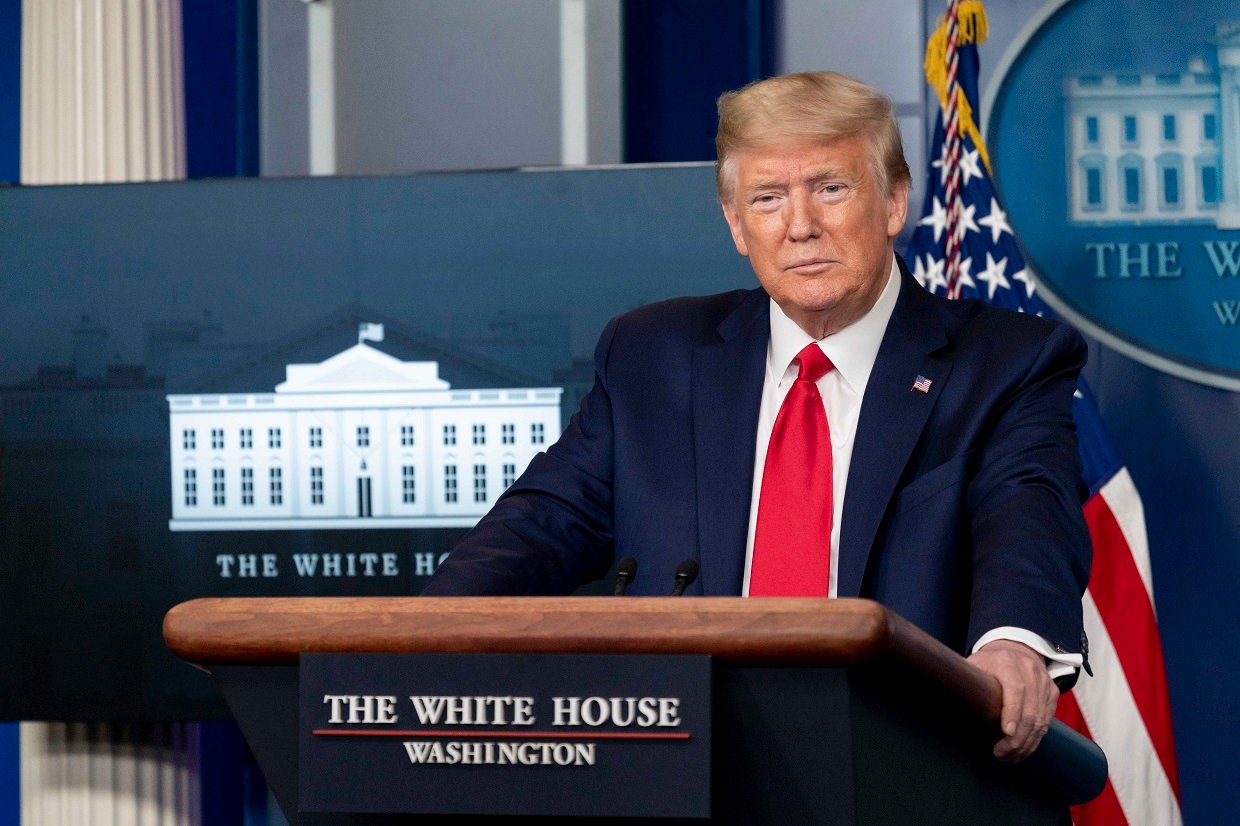Shipping lithium batteries to UAE is one of the most sensitive operations in air cargo logistics. These include UN3480 lithium-ion and UN3090 lithium metal batteries, both strictly regulated as dangerous goods by IATA DGR.
Unlike general cargo, these shipments require special packaging, hazard labels, and a certified Dangerous Goods Declaration (DGD). At Falcon Cargo, we handle these requirements daily. Below you will see a real photo of a Falcon Cargo UN3090 shipment prepared at JFK for export to Dubai.
Table of Contents
What Are Lithium Battery Shipments?
Lithium batteries are widely used across aerospace, electronics, and medical industries. But because of their flammability risk, airlines impose strict rules.
For UN3090 lithium metal batteries (PI 968), the requirements include:
- UN-approved packaging
- Cargo Aircraft Only (CAO) labels
- Class 9 hazard marks
- Dangerous Goods Declaration
- Air Waybill with DG entries
More details are available in the official IATA Dangerous Goods Regulations.
5 Essential Steps for Shipping Lithium Batteries to UAE
1. Pickup from Shipper
Falcon Cargo arranges pickup directly from your facility, ensuring controlled handling from start to finish.
2. Packing in UN-Spec Boxes
Batteries are packed in UN-certified containers that protect against shock, vibration, and short circuits.
3. Labeling & Marking (with Real Cargo Photo)
Accurate labeling is critical for shipping lithium batteries to UAE. Every package must carry:
- Cargo Aircraft Only (CAO) label
- Class 9 lithium battery hazard label
- UN3090 identification code

This live example proves Falcon Cargo’s compliance with IATA rules before cargo is delivered to the airline.
4. Dangerous Goods Documentation
Our certified DG experts prepare:
- Dangerous Goods Declaration (DGD)
- Air Waybill (AWB)
Without these documents, airlines will not load lithium battery cargo.
5. Delivery to JFK & Airline Handover
Falcon Cargo delivers shipments to JFK Airport, coordinates with airline DG desks, and ensures smooth acceptance for flights to Dubai/UAE.
Why Compliance Matters
Mistakes in shipping lithium batteries to UAE can lead to:
- Airline rejection at origin
- Heavy fines
- Delays at Dubai Customs
- Potential safety hazards
With Falcon Cargo’s certified Dangerous Goods Handling, your cargo moves safely and legally.
The JFK to UAE/Dubai Route
- JFK Airport: one of the busiest US cargo hubs with daily DG capacity.
- Dubai (UAE): one of the world’s strictest markets for dangerous goods imports.
Proper preparation in New York guarantees fast entry into UAE.
Falcon Cargo Advantage
When you work with Falcon Cargo for shipping lithium batteries to UAE, you receive:
- Certified Dangerous Goods specialists
- Full-service logistics (pickup → packing → docs → airline)
- Real-time tracking until delivery
- 24/7 customer service
Explore our full Air Freight Services.
Shipping lithium batteries to UAE — especially UN3090 lithium metal batteries — requires certified expertise. Falcon Cargo manages every step: pickup, packing, labeling, DG documents, and airline coordination.
Our real cargo photo above proves Falcon Cargo doesn’t just talk about dangerous goods — we deliver them safely.
Ready to ship lithium batteries to UAE?
🌐 Falcon Cargo Website 📧 Sales@falconcargo.net
Frequently Asked Questions (FAQ) about Shipping Lithium Batteries to UAE
1. Do I need special approval to ship UN3090 lithium batteries?
Falcon Cargo: Yes. UN3090 lithium metal batteries can only be transported on Cargo Aircraft Only (CAO), never on passenger planes. Airlines require UN-certified packaging, proper labeling, and a Dangerous Goods Declaration (DGD). Falcon Cargo handles all approvals and documentation for you.
2. What labeling is required for lithium battery shipments?
Falcon Cargo: Each package must display:
- The Cargo Aircraft Only (CAO) label
- The Class 9 hazard label for lithium batteries
- The UN3090 identification number
Labels must be at least 100×100 mm, durable, and clearly visible. Our team ensures every box is properly marked before delivery to JFK.
3. Do I need to add up the total lithium content or watt-hours for multiple batteries?
Falcon Cargo: No. Regulations require you to declare the highest single value (either watt-hours for lithium-ion or lithium content for lithium-metal). You don’t sum across multiple batteries. This determines the correct Packing Instruction (PI) and airline acceptance conditions.
4. Can I combine lithium batteries with other dangerous goods in one shipment?
Falcon Cargo: No. UN3090 batteries cannot be packed together with incompatible dangerous goods such as flammable gases, liquids, explosives, or oxidizers. Falcon Cargo ensures segregation rules are followed so your shipment complies fully with IATA DGR.
5. Can I ship damaged or recalled lithium batteries?
Falcon Cargo: No. Damaged, defective, or recalled batteries are prohibited from air transport due to safety risks. If you are unsure whether your batteries qualify as safe-to-ship, Falcon Cargo can help you assess and provide safe alternatives for disposal or return.





